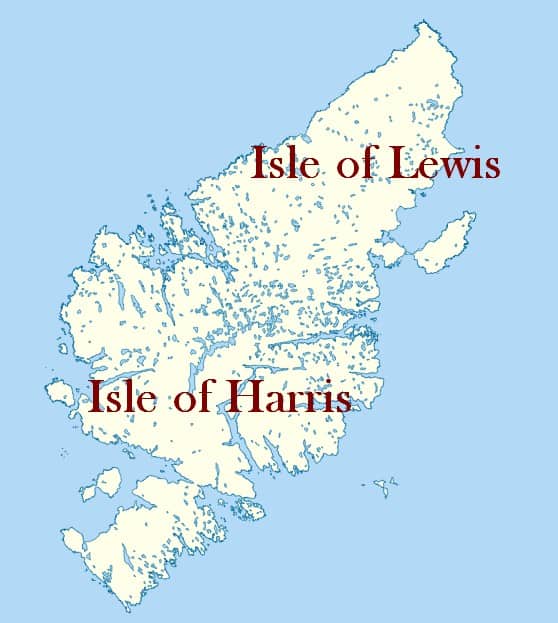
Book Your Stay at The Decca
Isle of Lewis in World War II: Strategic Significance and Contributions to the War Effort
During World War II, the Isle of Lewis, part of the Outer Hebrides in Scotland, played a significant role in the defense of the United Kingdom and had several military installations and activities associated with the war. Here are some key aspects of the Isle of Lewis during World War II:
- Royal Air Force (RAF) Stations: The Isle of Lewis was home to several RAF stations during the war, including:
- RAF Stornoway: Located near the town of Stornoway, this airfield served as a base for Coastal Command, and it played a crucial role in anti-submarine patrols and air-sea rescue operations.
- RAF Aird Uig: This airfield on the west coast of Lewis was used as a base for flying boats and played a role in protecting convoys and patrolling the North Atlantic for enemy submarines and aircraft.
- Lewis Gunners: The island had a number of coastal defense units equipped with Lewis guns, which were used to protect against possible enemy landings and air attacks.
- Convoy Escort Duties: The Isle of Lewis was strategically located in the North Atlantic, and it played a role in escorting convoys of ships traveling to and from North America. This was a critical function in protecting vital supply lines during the Battle of the Atlantic.
- Naval Activity: The waters around the Isle of Lewis saw naval activity as well, with Royal Navy vessels patrolling for enemy submarines and ensuring the safety of shipping lanes.
- Billeting and Accommodation: Many islanders participated in the war effort by providing accommodation and support for military personnel stationed on the island. This was a common practice in remote areas during the war.
- Air Raid Precautions (ARP): Like many parts of the UK, the Isle of Lewis would have had ARP measures in place, including air raid shelters and blackout regulations to protect against potential air raids.
- Wartime Economy: The war had economic impacts on the island, as it did across the UK. The demand for goods and services related to the war effort boosted the local economy.
- Cultural Impact: World War II also had a cultural impact on the island, with many Lewis men serving in the armed forces and the broader war effort. The war experience influenced local communities and is remembered in the island’s history.
It’s important to note that while the Isle of Lewis played a role in the war effort, it did not experience direct combat or major battles. Instead, its significance lay in its strategic location and contributions to the defense of the United Kingdom and the North Atlantic convoys during World War II.